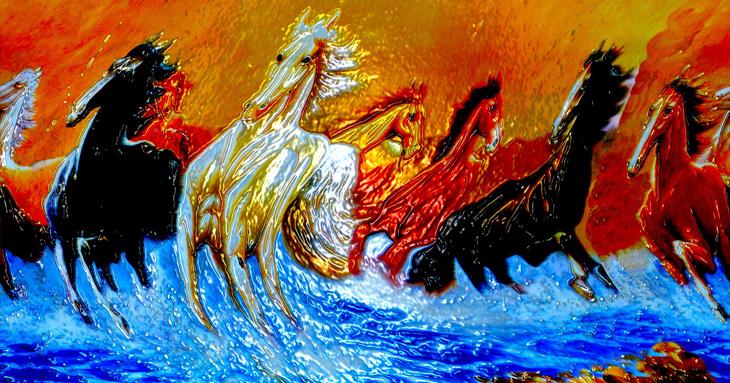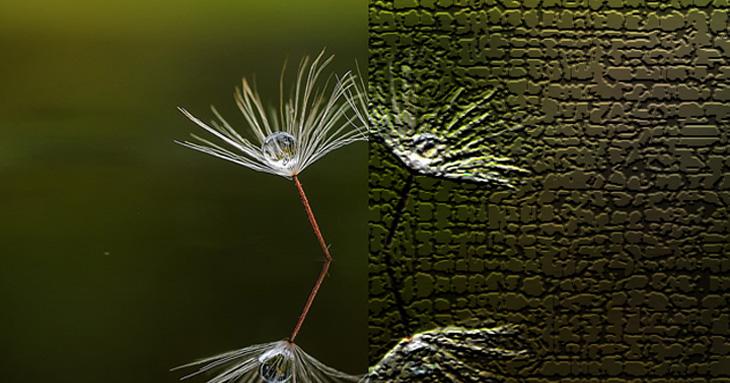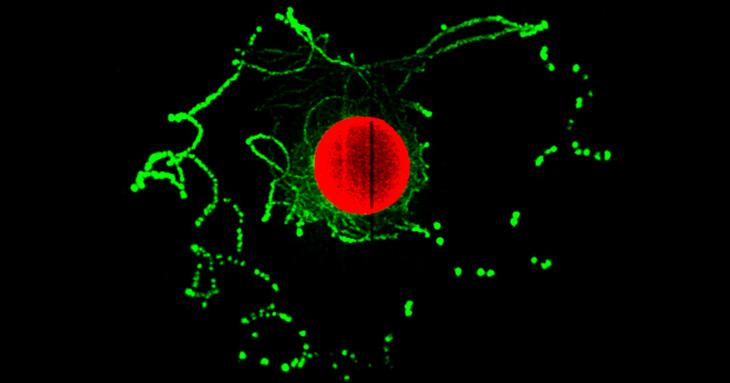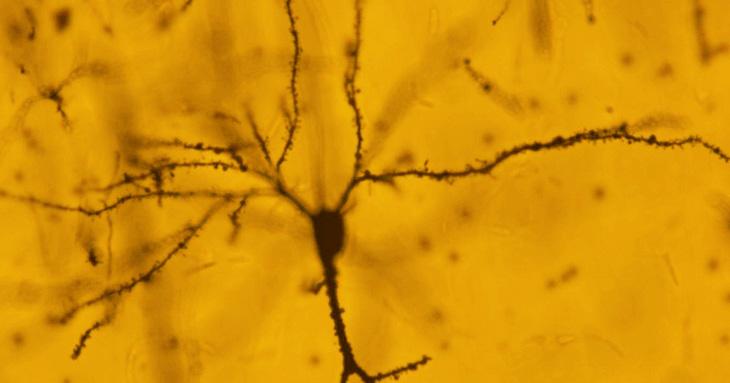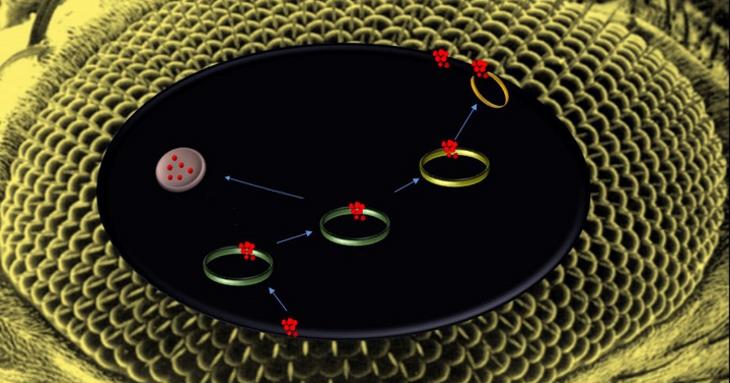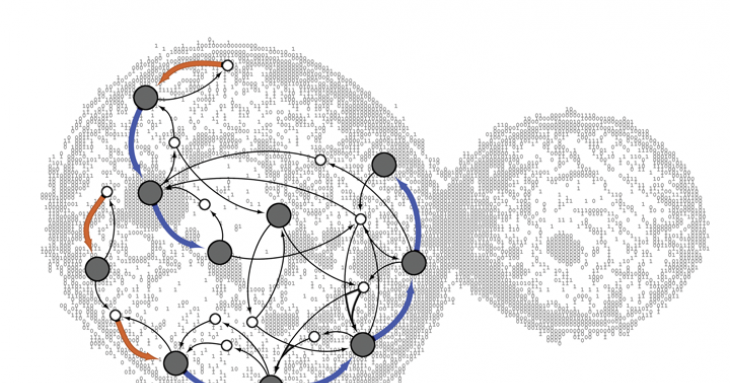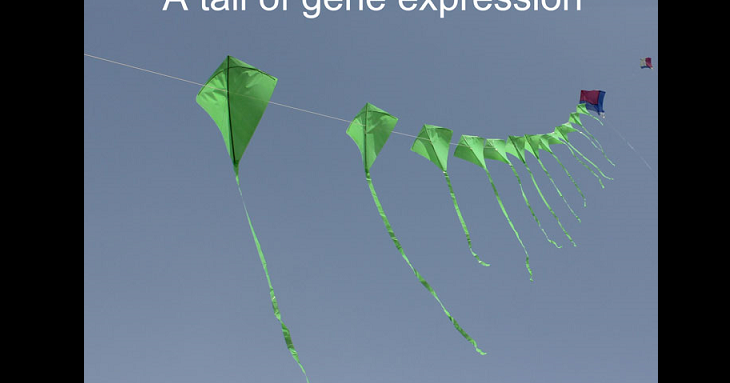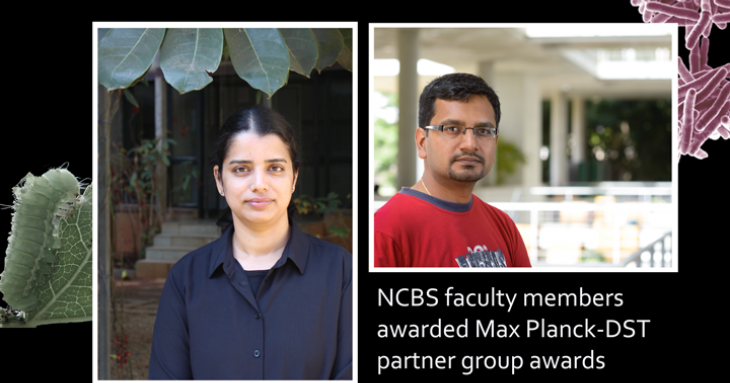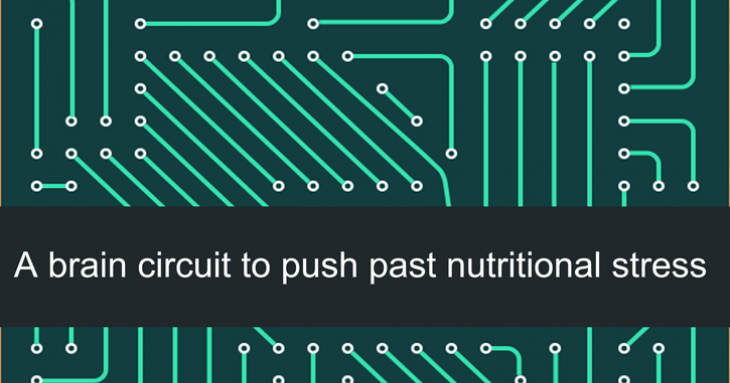-
Taming a molecular mustang
Horse taming does not generally come to mind in connection with molecular biophysics, where one studyies the shape, structure and dynamics of proteins and DNA. However, scientists from the National Centre for Biological Sciences (NCBS) in India and the National Cancer Institute (NCI), USA, have found two enzymes that interact with each other in a manner somewhat like a trainer taming a wild mustang.
-
Another step in understanding antipsychotic medication
After much deliberation and anxiety, the family finally sought psychiatric help for their son. And the results were in a way, a relief. The doctors’ verdict was that their child, their teenage son, was suffering from bipolar disorder. His wild mood swings between hyper-enthusiastic activity and deep depression were treatable.
-
Worms farming bacteria could help model complex natural events
Dans les champs de l'observation le hasard ne favorise que les esprits préparés.
In the fields of observation, chance favors only the prepared mind.
- Louis Pasteur
-
The rise of the apple maggot fly – how an altered sense of smell could drive the formation of new species
“Two months ago, we were congratulating ourselves on a fair crop of winterapples. To all appearance, they were freer from worms than we had known them
-
The late effects of stress: New insights into how the brain responds to trauma
Mrs. M would never forget that day. She was walking along a busy road next to the vegetable market when two goons zipped past on a bike. One man’s hand shot out and grabbed the chain around her neck. The next instant, she had stumbled to her knees, and was dragged along in the wake of the bike. Thankfully, the chain snapped, and she got away with a mildly bruised neck. Though dazed by the incident, Mrs. M was fine until a week after the incident.
Then, the nightmares began.
-
The balancing act in membrane turnover: an enzyme that links endocytosis to membrane recycling
Blink. When you wake up, the first thing you do is open your eyes and see.
-
How did the modern eukaryotic cell acquire its transport system?
The inside of a present day plant or animal cell quite closely resembles a busy city. Like an urban metropolis with different districts interlinked by a traffic network, a cell has distinct compartments connected to each other by a dynamic transport system.
One set of such interlinked compartments - the Golgi complex - is essential for many cellular functions, and a question that has long puzzled scientists is: how did such a complex compartment and traffic system arise within a cell?
-
A tail of gene expression
Imagine trying to fly a kite without a tail. It swoops and loops and wiggles and finally crashes down into the ground. A kite without a tail is unstable, but add a tail at the right place, and your kite will fly steady.
-
NCBS faculty members awarded Max Planck-DST partner group awards
The National Centre for Biological Sciences is pleased to announce that faculty member Radhika Venkatesan has been awarded a Max Planck-DST Partner group award!
-
A brain circuit to push past nutritional stress
The researchers have discovered an integrative circuit of nerve cells in fruit fly brains that allows them to ignore the lack of proteins in their food to enter the pupal stage.


